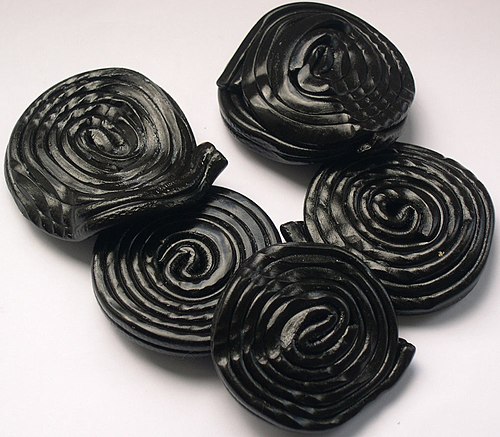Drain C.
Genetics, Stockton University
https://link.springer.com/article/10.1186/2044-7248-1-22
Although not fully confirmed, there is a suspected link between cilantro tasting like soap and genetics. It is not necessarily linked to the taste of the cilantro itself but more so the way it smells. There are people out there who can not overcome the earthy smell of the cilantro, thus tasting like soap when eaten. This specific article is pointing out geographical location and the olfactory gene within people. More people from European countries can taste the earthy/soapy flavor whereas people from Central America/Latin countries taste the flavor less. Not only do the people taste it differently but the gene itself is more present in certain regions. Countries that have high coriander growth rates have a decreased OR6A2 gene, and countries that have a low cilantro growth rate have an increase in the soap taste gene. It was also revealed that people can overcome the smell and taste of the given herb with repetitions in trying it, does not eliminate the gene itself, but people can train themselves to like it. Dried cilantro has a completely different impact on people, probably because of the reduced scent of the herb it does not hit the neurons the same way as it would if it were fresh.
https://theconversation.com/the-science-of-liquorice-whether-you-love-the-dark-root-or-hate-it-74135
This specific thought process may be a reach but I wanted to try it out anyway. There was an already (semi) proven and thoroughly tested study that has linked a specific gene OR6A2 to the taste and smell of cilantro/coriander, and why it tastes like soap, and there were studies that have linked the cravings of specific foods to various genes but there has never really been a specific study on licorice itself. Licorice has a very unique taste that some people love and some people hate, it is kind of hard to describe: kind of sweet, kind of medicinal, kind of salty. From a biochemical/neurological standpoint it is justifiable why people crave it, your body needs certain vitamins and minerals thus triggering a craving in the brain. But from a genetic viewpoint there is no link of the gene itself and the craving of licorice. That could be for many different reasons, whether there has not been enough scientific studies on it or there really is no actual gene for it. As a kid, I hated the stuff but I recently had a sudden need for it, i was just curious if it was similar to cilantro in it having a designated soap gene: or if my tastebuds have changed as I grew into adulthood. Either way- licorice is my new passion in life and I am excited to see what future geneticists have to say about it.
https://pmc.ncbi.nlm.nih.gov/articles/PMC6930899/pdf/fgene-10-01272.pdf


No comments:
Post a Comment